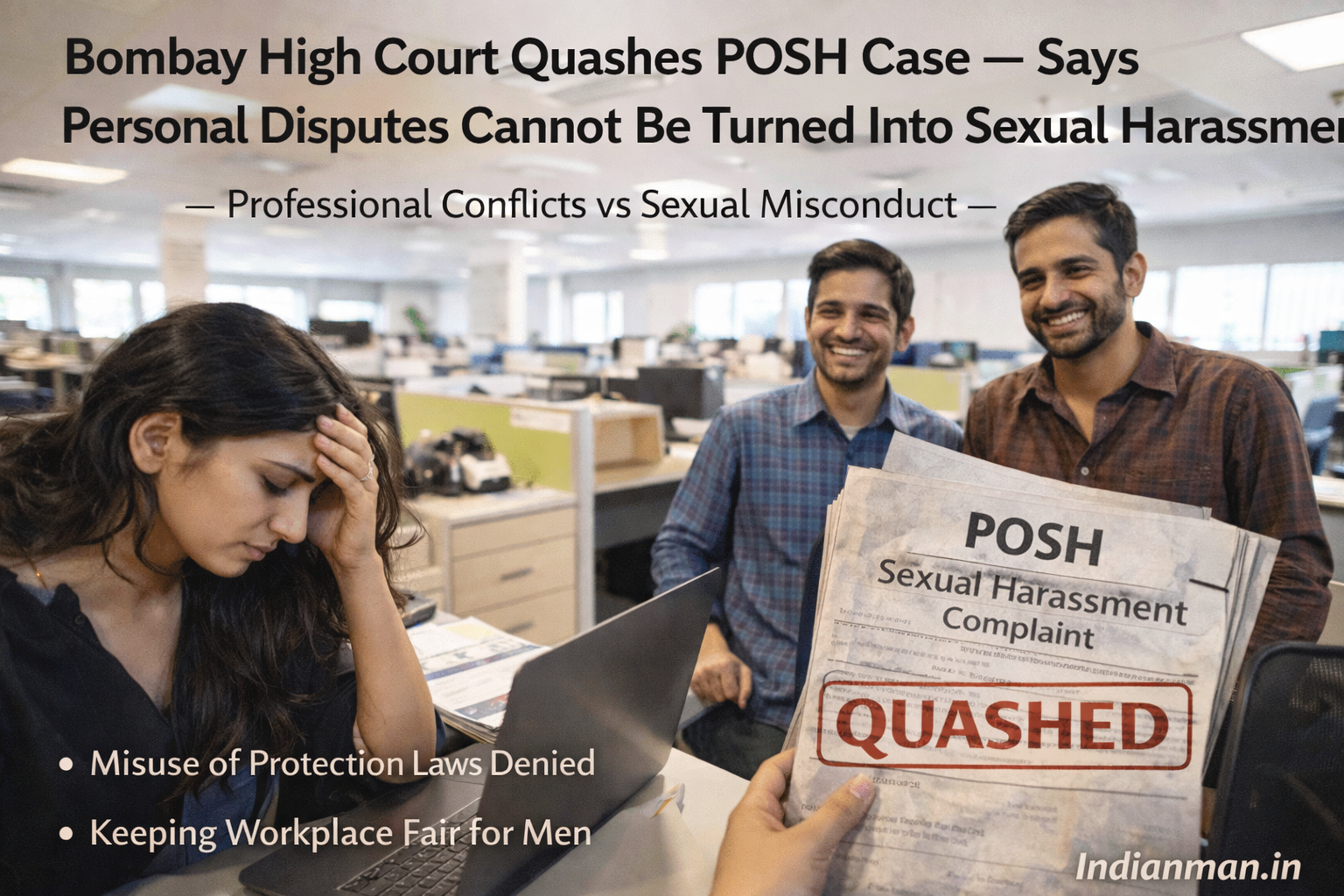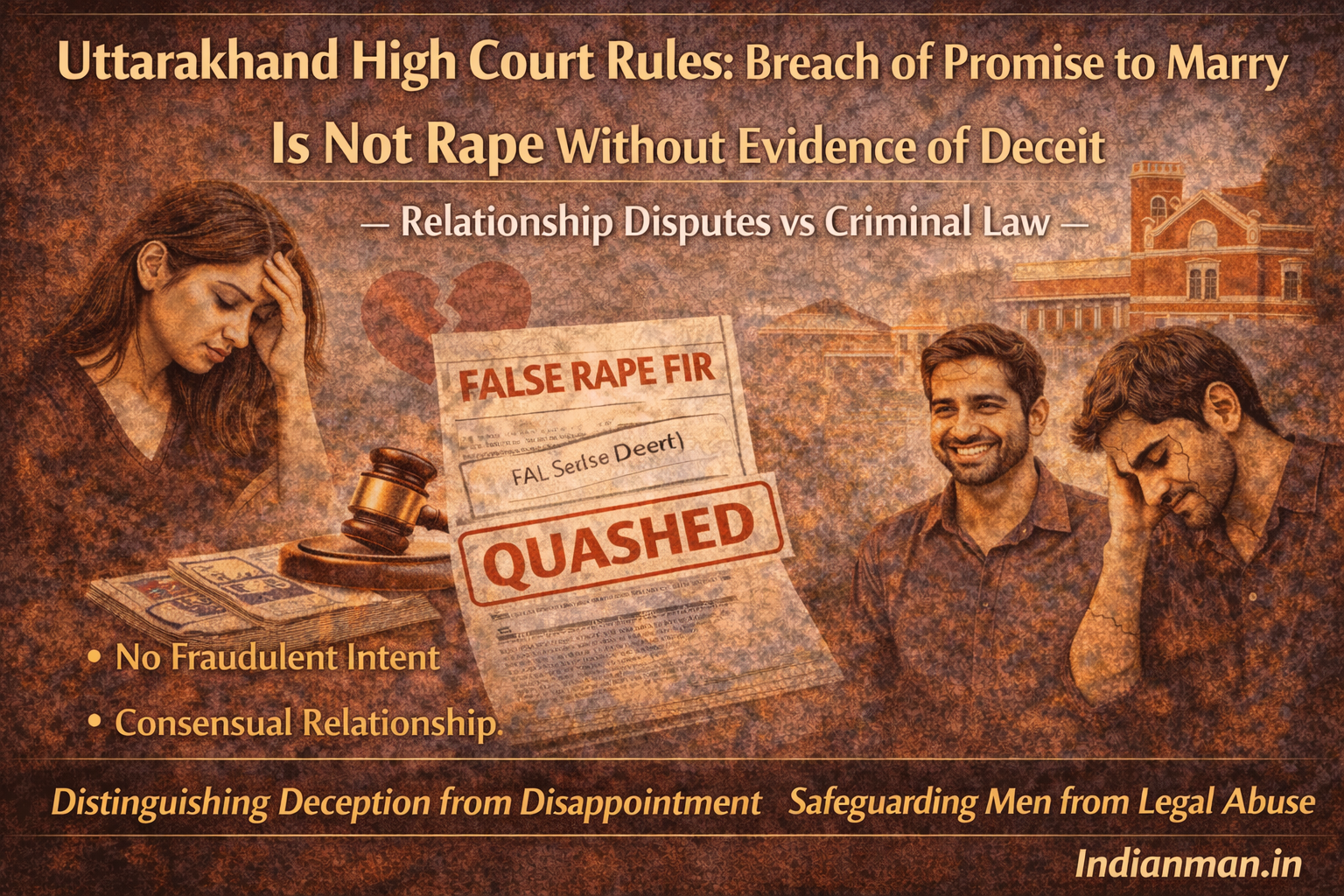In a landmark ruling, the Punjab and Haryana High Court has declared that live-in couples, even if one of them is already married, are entitled to protection from threats. The court emphasized that personal autonomy and the right to live freely are fundamental, regardless of the social or moral stance on live-in relationships.
The ruling came from a Division Bench comprising Justice Sureshwar Thakur and Justice Sudeepti Sharma, who clarified that the legal system must protect individuals in live-in relationships, especially if they face threats from family members or society. “Even if one partner is married, the couple has the right to protection if there are tangible threats,” the court said.
However, the court also addressed concerns regarding the welfare of any minor children involved. It stated that courts could condition protection upon ensuring that the parent involved in the live-in relationship takes proper care of their minor child. The Bench stressed that while financial support might be provided under maintenance laws, the emotional well-being of the child—through parental love and care—remains crucial.
This ruling was delivered in response to a reference made by a single-judge Bench. The single-judge had noted conflicting judgments on whether live-in couples could receive protection without considering their marital status.
Right to Life and Choice
The court’s decision is rooted in the principle that the right to personal choice is part of the right to life, protected under Article 21 of the Indian Constitution. The Bench referred to various Supreme Court decisions, including Joseph Shine vs. Union of India, which decriminalized adultery and underscored the importance of individual autonomy in personal relationships.
The ruling highlights that live-in couples can seek protection through the courts, irrespective of societal judgments, as long as they face genuine threats to their safety.
Recommendations to Handle Protection Requests
To address the increasing number of cases involving live-in couples seeking protection, the court suggested creating alternative mechanisms to reduce the burden on law enforcement. It recommended that such couples first approach the District Legal Services Authority or the State Human Rights Commission, where counselors or paralegal volunteers could help resolve the issues.
The court also noted the strain on the police force and expressed concerns about the challenges of providing protection in all cases.
Protection for Minors in Live-In Relationships
The High Court also considered the legal rights of minors in live-in relationships. It concluded that minors, regardless of their religion, cannot enter into such relationships legally since they do not have the capacity to make such decisions. Minors are governed by laws like the Hindu Minority and Guardianship Act, 1956, and the Guardians and Wards Act, 1890, which protect their interests.
By denying protection to minors in live-in relationships, the court affirmed its responsibility to act as parens patriae—the legal guardian of children—ensuring that minors are shielded from potential harm and exploitation.
Be a part our social media community:
Facebook: https://www.facebook.com/IndianMan.in?mibextid=ZbWKwL
Instagram:
https://www.instagram.com/indianman.in?igsh=MWZ2N3N0ZmpwM3l3cw==




